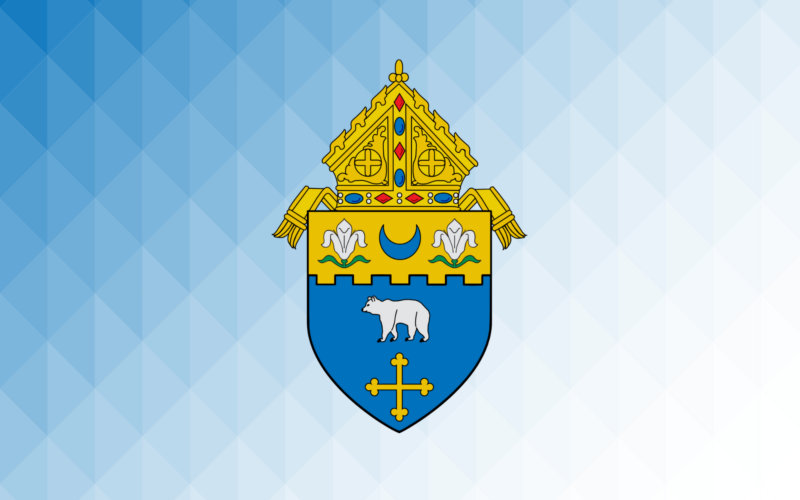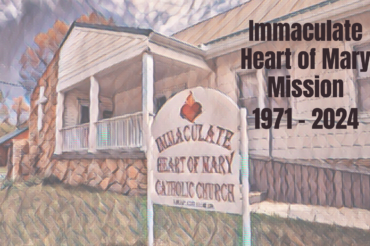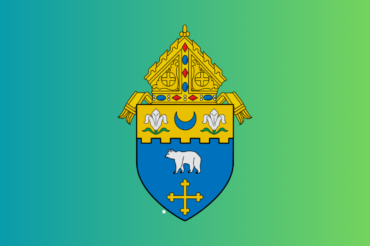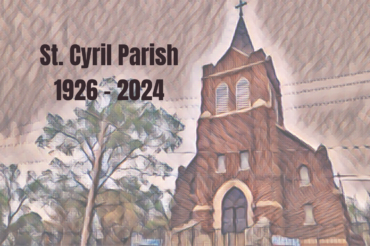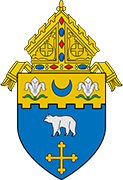Statement of Bishop James V. Johnston on the Matter of Eucharistic Coherence
USCCB: Q&A on the U.S. Bishops’ Vote to Draft a Document on the Meaning of the Eucharist in the Life of the Church
The question before the Church about the incoherence of any person being engaged in gravely evil activity and receiving the Holy Eucharist is tremendously important and has been for many ages. Bishops, as pastors, always have a responsibility pastorally to address this question of worthy reception for the good of individual souls and the entire Church. I applaud Archbishop Gomez for putting this question on the USCCB agenda and for allowing the very deliberate process of the conference to proceed so that the bishops can prayerfully consider this matter. I believe the current process does not conflict but rather engages with the advice received in the recent letter from Cardinal Ladaria, Prefect of the Congregation for the Doctrine of the Faith.
This question touches on many gravely evil activities besides abortion, and it assuredly pertains to all Catholics, not simply those in public office. Nevertheless, it remains a scientific fact that abortion ends an innocent human life, and the Bishops of the United States have rightly noted that abortion is the “preeminent” issue of our time. It is a preeminent concern due to the sheer scale of human lives taken (60 million unborn children have died since the Roe v. Wade decision in 1973), the fact that abortion often takes place within the sanctuary of the family, and the direct nature of intentionality by willfully killing the most innocent and defenseless among us.
Advocating for or enacting laws which promote such killing as a right, which subsidize such killing, or which seek to expand access to such killing are gravely evil acts, contrary to the Catholic faith. The Catholic Church teaches that any person engaged in such acts is called to repentance and reconciliation prior to presenting oneself for Holy Communion. Catholics in public life who advocate for abortion in these ways and then present themselves as devout Catholics according to their own self-understanding create a source of great confusion among American Catholics. Pastors have a responsibility to help individuals towards repentance out of concern for their salvation, but also to protect the faithful from being misled by bad example and scandal.
While this issue impacts, among others, those in public office, it is not fundamentally a political issue, but rather a pastoral one. Bishops, as teachers and pastors, have the duty to lead people toward that which will help their soul’s salvation, and to warn against actions and choices which place that salvation in jeopardy.

